- Nine projects from across sub-Saharan Africa named winners of the Afri-Plastics Challenge by the Government of Canada and Challenge Works.
- Winners include scale-ups providing new income streams to local families collecting recyclables and innovators converting plastic waste into affordable cooking gas.
- Biodegradable bioplastics made from invasive weeds growing in Lake Victoria, homeware products made from coconut fibre, and a diapers-on-demand service – making cloth nappies an easy option for new parents – also share in the prize.
- Projects that encourage fashion designers to make sustainable choices, virtual reality storytelling to influence behavior change and a mobile app that awards cash incentives for recycling have also been successful.
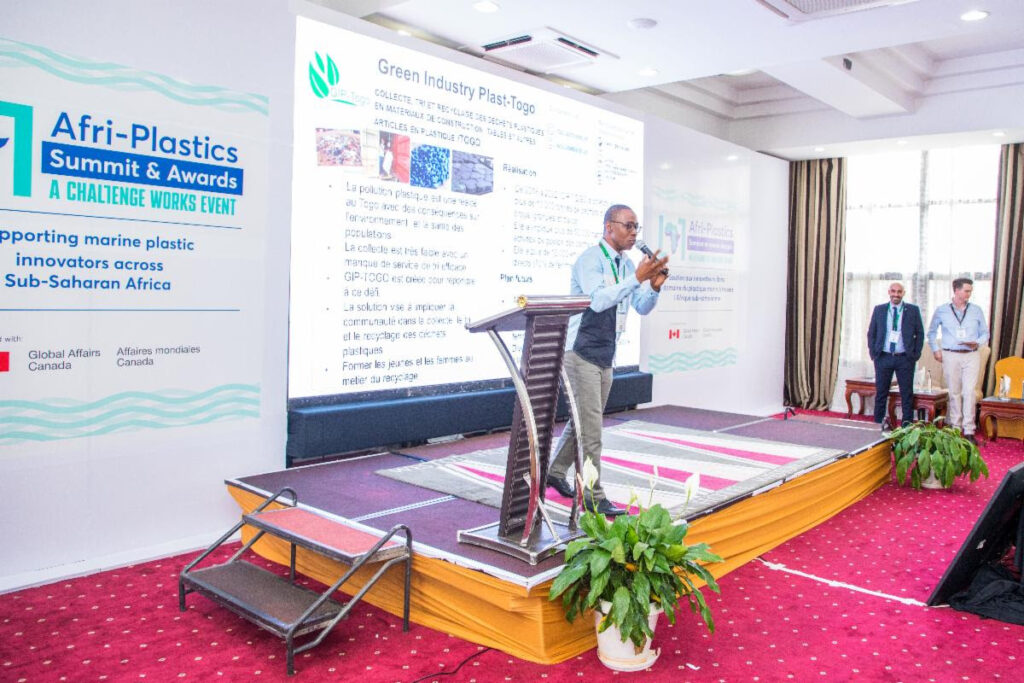
LONDON, United Kingdom, NAIROBI, Kenya, 16 March 2023, /African Media Agency/- Challenge Works and the Government of Canada have today announced the winners of the Afri-Plastics Challenge. £4.1 million (CA$6.7 million) has been awarded to innovators with scalable innovations that tackle plastic waste in Africa and reduce the volume of pollution making its way to the ocean.
£1 million has been awarded to Togo’s Green Industry Plast (GIP-TOGO) – a recycling business that helps households earn a living through waste plastic collection. GIP-TOGO then sorts, shreds, cleans and bags the shredded plastic to be used again, including in ecological paving slabs.
Join our WhatsApp ChannelKenya’s Chemolex has won £750,000 to scale production of Biopactic, a biodegradable alternative to plastic made from invasive water hyacinths that grow aggressively in Lake Victoria. The next generation material can completely replace single use plastic in food and product packaging – not only reducing plastic pollution, but dealing with an invasive plant impacting Kenya’s marine ecosystem too.
£500,000 has been won by Mega Gas in Kenya which converts waste plastic into an affordable cooking gas for people living on less than US$1 a day. It uses a thermal cracking process that creates no emissions, residue or pollution to turn plastic pollution, such as polythene, into a fuel for rural families.
Tris Dyson, Managing Director, Challenge Works said: “11 million tonnes of plastic waste enter the ocean each year. It is a disaster for the environment and for communities reliant on healthy seas. The winners of the Afri-Plastics Challenge are putting African innovation at the heart of solving this global problem.
“We are awarding more than £4 million to businesses that are already doubling recycling rates thanks to the Afri-Plastics Challenge while providing new sources of income for families, pioneering companies converting invasive plants in Lake Victoria into biodegradable materials and businesses creating affordable cooking gas from trash.”
Christopher Thornley, Canada’s High Commissioner in Nairobi said: “Plastic pollution is an issue that affects everyone. Plastics that make their way into the marine ecosystem are just as damaging whether they originated in Mombasa or Montreal, Lagos or London. The winners of the Afri-Plastics Challenge show there is a way forward for establishing a successful circular economy for plastic waste, with innovations capable of changing how we all use and dispose of plastic – not only in Africa but around the world.”
Launched in July 2021, the Afri-Plastics Challenge received 1,141 entries from innovators across sub-Saharan Africa. The 40 most promising teams were backed with an additional £4.8 million of seed funding, grants and support to develop solutions to increase plastic recycling rates, reduce volumes of plastic waste, and influence behaviour change ahead of today’s announcement.
The successful innovations developed through the Afri-Plastics Challenge have paved the way to revolutionise Africa’s approach to reducing the reliance on plastic. They are also supporting the empowerment of women and girls by creating economic opportunities for women. 60% of entries that made it to the final 40 were women-led.
Other winners of the Afri-Plastic Challenge are:
- Chanja Datti (Nigeria) – awarded £750,000 – based in Abuja, it converts collected recyclable waste into commercially viable products. It collects, sorts and bails plastic before selling it on to manufacturers.
- EcoCoCo Homecare (Kenya) – awarded £250,000 – it has developed alternatives to plastic homeware products that use fibres from coconut husks left over from coconut oil production, including scouring pads, scrubbing brushes and brooms.
- Toto Safi (Rwanda) – awarded £100,000 – a diapers-on-demand service which makes sustainable cloth diapers a realistic alternative to single-use plastic-based nappies. Through its app, parents can order clean and sterilised nappies at an affordable cost, while used nappies are taken away to be cleaned.
- Catharina Natang (Cameroon) – awarded £250,000 – training fashion designers in Africa to make sustainable choices in the textiles they use and understand plant-based alternatives to polymer-based materials.
- Ukwenza VR (Kenya) – awarded £250,000 – uses virtual reality to explain the journey of a piece of plastic after it is dumped, including the damage it does to local environments, to persuade people to make different choices around plastic consumption and disposal.
- Baus Taka Enterprise (Kenya) – awarded £250,000 – developed a mobile app to encourage people to segregate their plastic waste – through competitions it offers cash rewards and points that can be redeemed for medical services in partnership with health clinics.
The Afri-Plastics Challenge is designed and delivered by UK innovation prize experts Challenge Works and funded by the Government of Canada. It is an element of the $100-million Marine Litter Mitigation Fund announced by Prime Minister Justin Trudeau at the G7 Leaders’ Summit in Charlevoix in June 2018.
Innovators focussed on recycling solutions reported a 113% increase in monthly collecting and processing during the prize. In the long-term, the development and scaling of the innovators’ solutions will lead to the creation of new, sustainable local enterprises, creating alternatives to single-use plastics and improving collection and processing of waste.
For more about the winners, visit afri-plastics.challenges.org
Distributed by African Media Agency on behalf of Afri-Plastics Challenge.
About the Afri-Plastics Challenge
The Afri-Plastics Challenge, run by innovation prize experts Challenge Works, is scaling solutions to the scourge of plastic pollution in sub-Saharan Africa thanks to funding from the Government of Canada. The challenge comprises three strands to take on the problem on multiple fronts.
Strand 1 – Accelerating Growth – rewarding innovative solutions to managing plastic waste after it has been used and discarded (i.e. downstream solutions). Total prize money of £2.25 million.
Strand 2 – Creating Solutions – rewarding innovative solutions to reducing the volume of plastic in packaging and other products before it is used (i.e. upstream solutions). Total Prize money of £1.1 million.
Strand 3 – Promoting Change – rewarding creative campaigns and projects to influence behaviour change among individuals and communities to promote sustainable consumption around plastic. Total prize money of £750,000.
About Challenge Works
For a decade, Challenge Works has established itself as a global leader in designing and delivering high-impact challenge prizes that incentivise cutting-edge innovation for social good. We are a social enterprise founded by the UK’s innovation agency Nesta. In the last 10 years, we have run more than 80 prizes, distributed £84 million in funding and engaged with 12,000 innovators.
Challenge prizes champion open innovation through competition. We specify a problem that needs solving, but not what the solution should be. We offer large cash incentives to encourage diverse innovators to apply their ingenuity to solving the problem. The most promising solutions are rewarded with seed funding and expert capacity building support, so that they can prove their impact and effectiveness. The first or best innovation to solve the problem wins. This approach levels the playing field for unknown and previously untested innovators so that the best ideas, no matter their origin, are brought to bear on the most difficult of global challenges.
Visit us at challengeworks.org
About the Government of Canada
As part of the commitment to reduce marine plastics globally, the Government of Canada has launched a project aimed at improved plastic management in sub-Saharan Africa. The Afri-Plastics Challenge aims to reduce marine plastics in Sub-Saharan African countries by developing and scaling innovative solutions to plastic mismanagement. The Afri-Plastics Challenge places particular emphasis on promoting gender equality and empowerment of women and girls. While not limited by gender, the challenge encourages women and girls to participate by submitting their solutions.
Learn more about Canada’s international partnerships and initiatives toward reducing plastic pollution.
For media enquiries,
Brian Leputu brian@africacommunicationsgroup.com
Linda Weaver lindaw@africacommunicationsgroup.com
Source : African Media Agency (AMA)

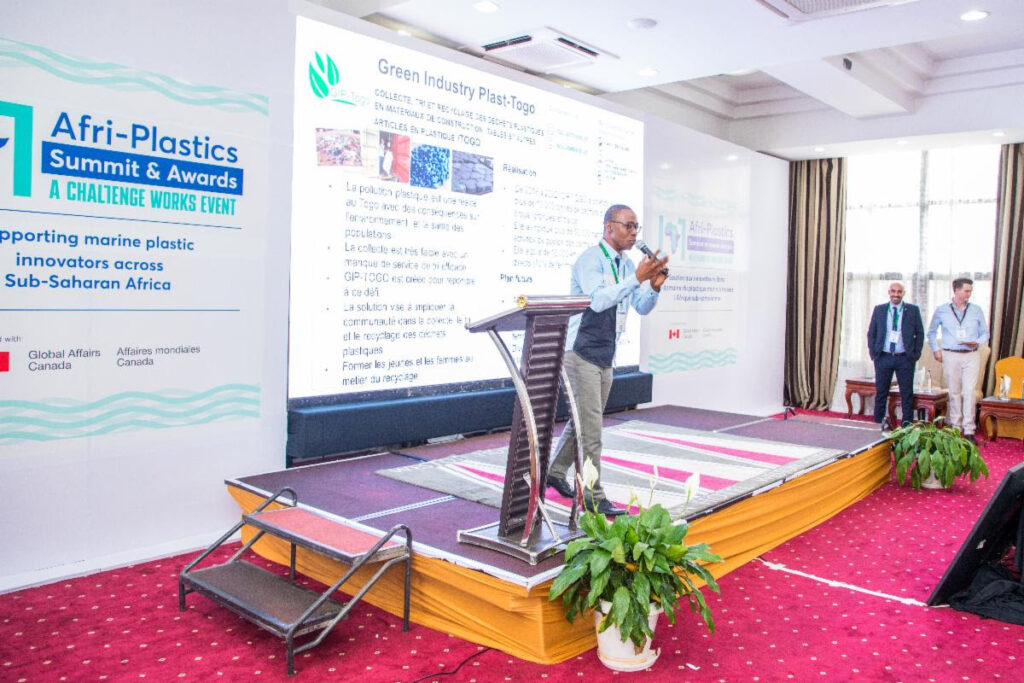


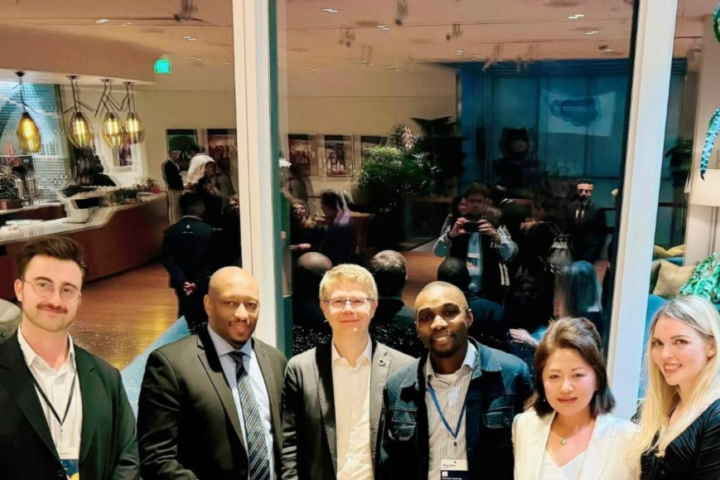



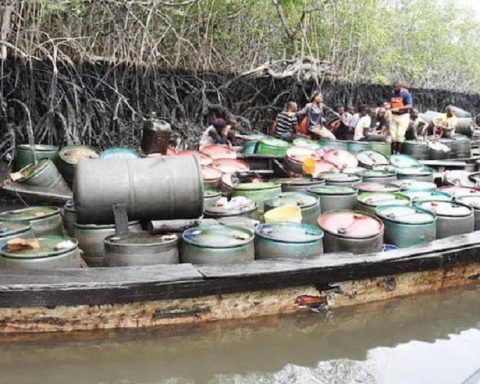







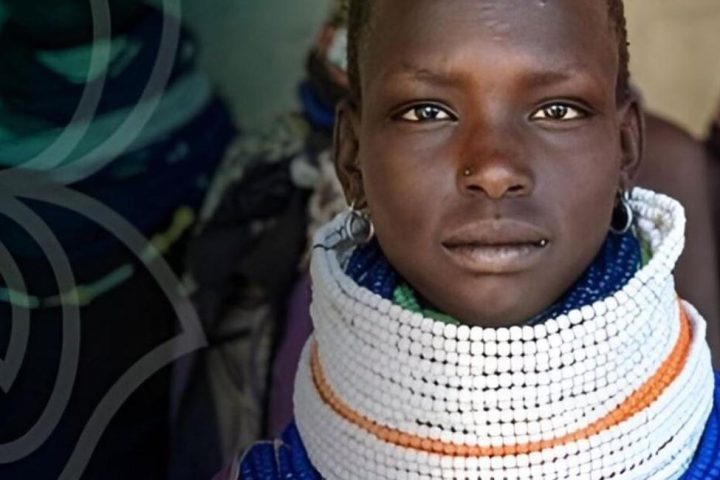
Follow Us